Bite-size horror Vile is uncomfortable, important, and "truly therapeutic" – and it's coming to make you squirm on Steam
Interview | Cara Cadaver speaks out on entitlement, games as cathartic art, and the connective power of the horror genre
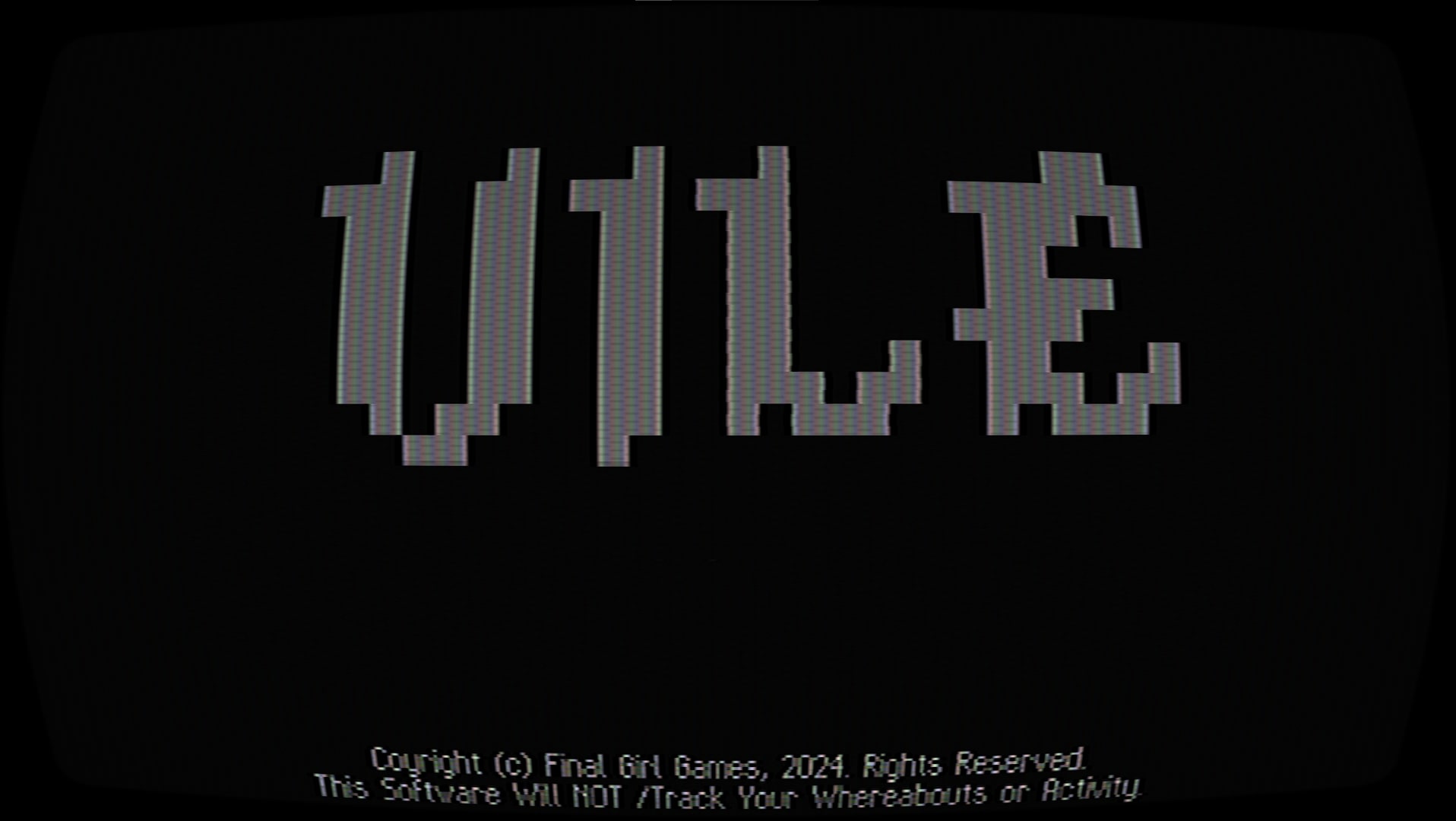
Vile is not a game that is meant to be fun. Sure, there's a driving curiosity about it, as players click around a 90s-era desktop computer and uncover the owner's secrets, but creator Cara Cadaver is not here to entertain. Interrogating themes of obsession and male entitlement over women, Vile exists to confront, educate, and heal those who play it – and that process is something Cadaver holds close to her heart.
"I'm super grateful that people are liking it," Cadaver says of the recognition Vile, her short itch.io horror game, has garnered in recent months. "It does every time, though, feel a little bit like somebody's reading my journal. It's a very personal game, and that was the point. Everybody that has reached out to me or said something nice, I don't know how better to phrase this, but they get it. Do you know what I mean? Understand it. I kind of worried that it would be misinterpreted, perhaps just because of the nature of some of the content. So I'm really glad that the message is getting across."
Warning: the game discussed in this interview addresses sensitive themes of stalking and suggested violence toward women.
Brace yourself
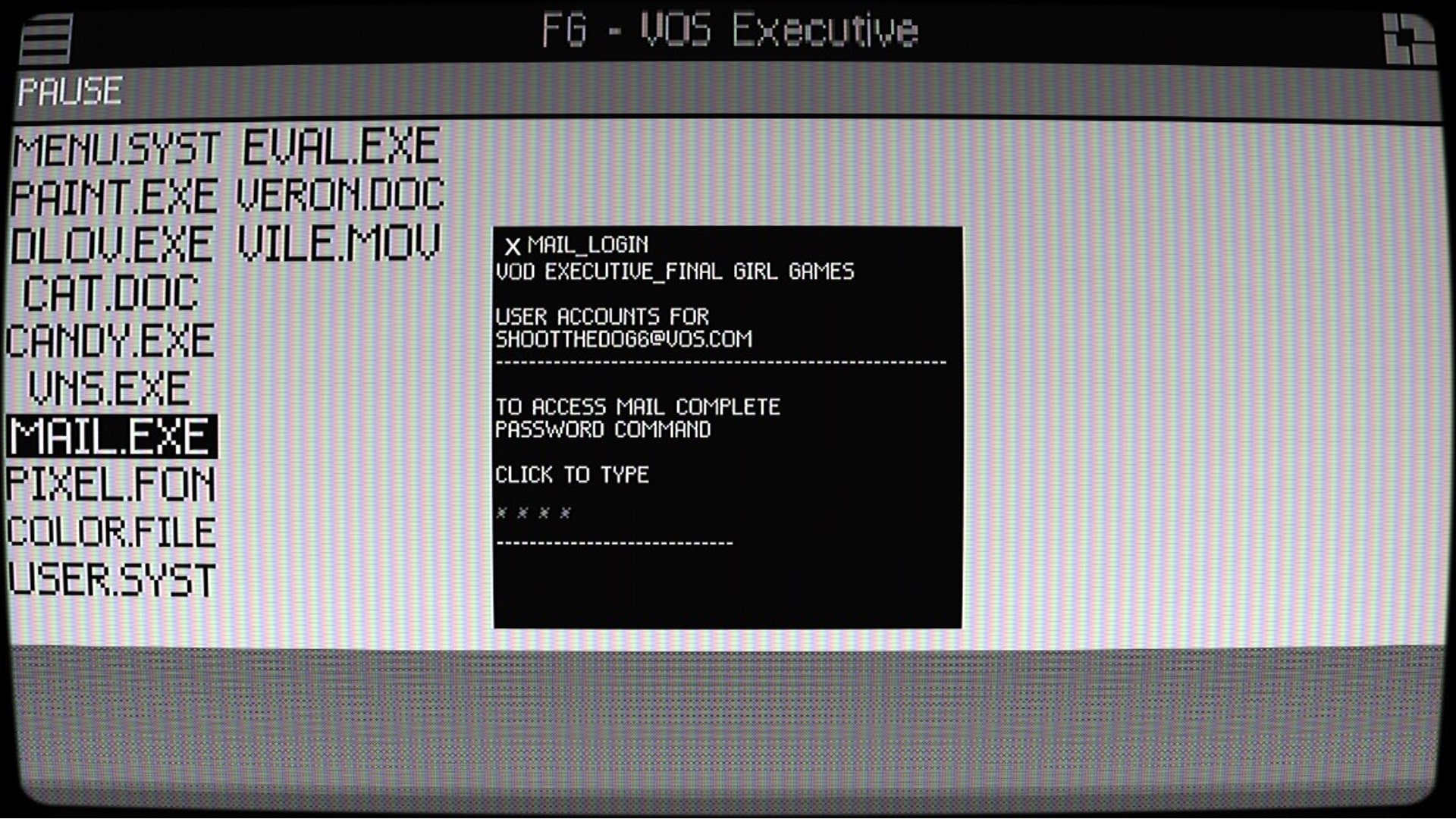
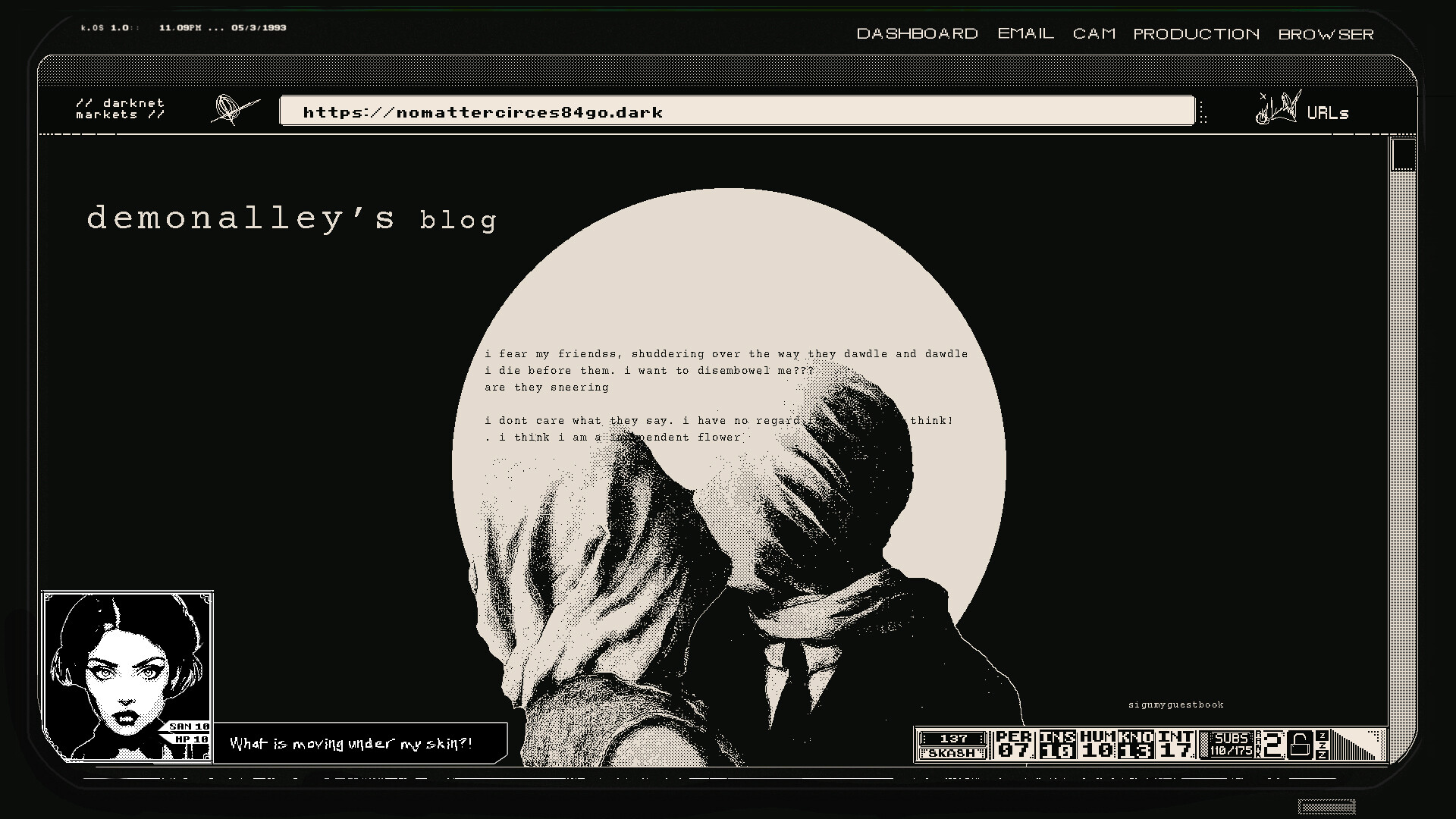
darkwebSTREAMER is a "narrative roguelike" that interrogates the voyeuristic horror fan in us all
The content in question speaks to a story of sadism, violence, and looming danger as retired adult film star Candy Corpse becomes the object of an obsessive fan's unbroken attention. Through email chains, video clips, audio recordings, and breaking into a series of password-locked documents, players must confront an unspeakably malevolent parasocial relationship as it takes a turn toward active stalking – and puts us in the driver's seat.
Vile is such a cathartic and real game for Cadaver that, ultimately, she never intended for the world to see it. "It was more like a personal project. It was actually supposed to be like a prototype. It was never going to see the light of day," she says of the school project-turned-game release. But its importance – and hers, as a woman gamedev using her voice to write stories about women's experiences – cannot be overstated. It's this very lens that inspires the name of Cara Cadaver's studio: Final Girl Games, playing off the well-worn trope of one badass chick bearing down on her oppressor as the last one standing.
Cadaver's creative approach is rooted in truth and reality, no embellishments or shock factor needed. "With this type of subject especially it comes quite naturally. I don't know if that's a good thing or a bad thing for me, but especially because of lived through experiences, I'm able to relay that type of story perhaps in a less shocking and showy way, and provide a true sense of what being in some of these types of situations might be like. I think maybe that's the difference. It's easy when you don't have that experience to kind of try to liven it up with more sensation. But myself – and I'm sure a lot of the people who played it – understand that you don't need to spruce things up with anything. It's terrifying and evil and difficult enough, all without the confetti."
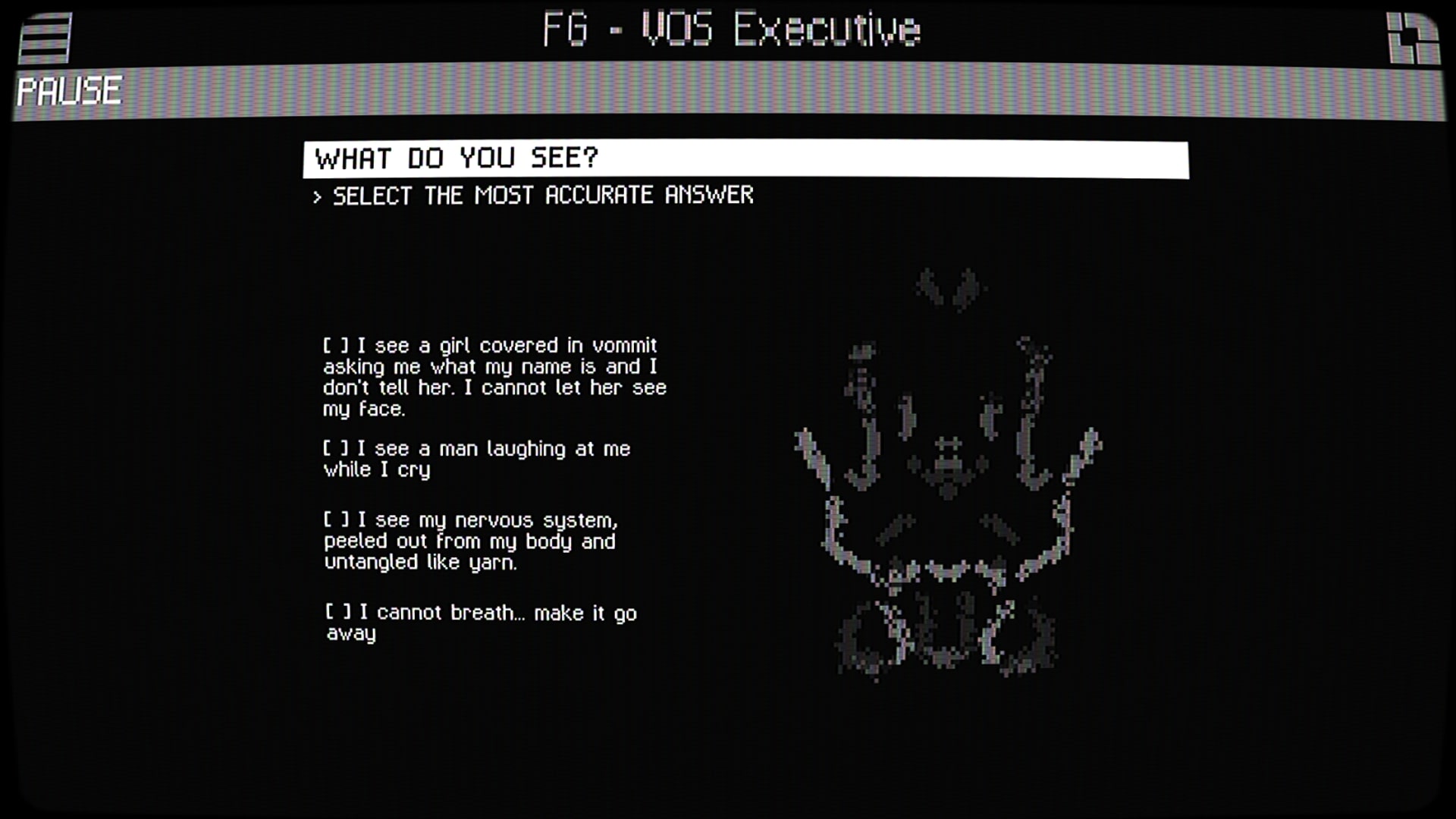
For Cadaver, creating Vile was "truly therapeutic," allowing her to process her past by sewing lived trauma into the fabric of the game. "I don't know if I really had anything on my mind [in terms of intended audience]. Specifically, I knew there were other people who felt the same way that I did, and who had gone through things even a little bit similar that I have, and I guess I was thinking about them."
Weekly digests, tales from the communities you love, and more
But aside from being an unflinching, deeply personal work of art as catharsis for survivors, Cadaver also recognizes that her game has cast a wider net. "You brought up that a lot of men have played it and spoken about it," she says, after I mention how Let's Plays of Vile have blown up on YouTube and Twitch. "I was quite nervous, just because you never know how something's going to be received. But it's been nice seeing the reactions from strangers online making YouTube videos that I don't know from a hole in the wall, and seeing that they are having a new thought process when they're playing it."
That's because Vile casts the player in the most uncomfortable position on the bill: the role of the bad guy. It's his computer we are sifting through after all, his private email chains depicting all the deplorable things he intends to do to Candy should he find her. Occupying that mental space is not something the creator takes lightly. "At times, it was, like, pretty difficult. I will be honest. It took a lot out of me. At points, I did take breaks, and there were times when it was hard, but I was definitely motivated, especially towards the back half of development." Through it all, Cadaver was guided by one lingering question. "The best advice I ever received in game development was like, first and foremost, how do you want to make people feel? And I just kind of try to run with that," she says. "Whenever I make something, I want people to be uncomfortable."
Unnecessary evils
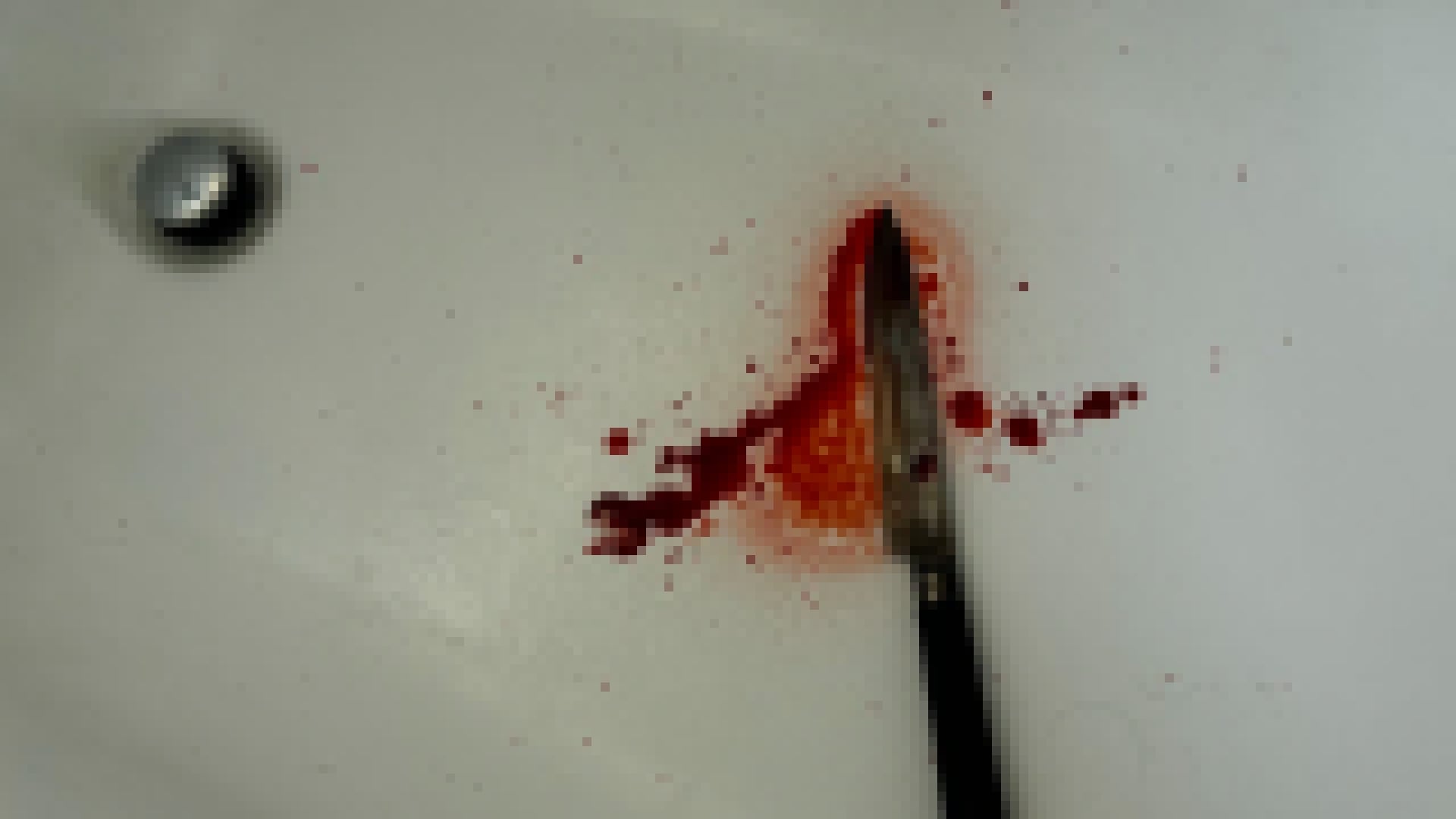
Whenever I make something, I want people to be uncomfortable.
Cara Cadaver, Final Girl Games
Of course, though, there are those who miss the message entirely. As a woman in horror game development, her professional experience – largely positive though it has been – hasn't come without its share of point-proving misogyny.
"I noticed it a lot with Attachment Not Found, the game that I released first," Cadaver recalls. "It was just a school project that I happened to throw up on itch.io, thinking it would be easier to send it to a couple friends that way, and it gained a decent amount of traction. People had similar reactions to it, and people liked it. But a lot of people taunted me for it, saying stuff like 'I guess it's easy to make a popular game when you post pictures of yourself,' or 'it's probably because you post a lot online' – implying that people played and liked the game because you know, 'hot girl make video game'!" Even some of the positive responses came with a fair share of condescension thrown in for good measure. "I had people approach me and say, 'Hey, I played your game. It was really good. But for your next one, if you want me to do the programming, I can handle that for you.'"
Eye-roll worthy and sadly relatable an experience though this is, interactions like these are so common for many women in the industry that a game like Vile feels all the more necessary. But not only is Cadaver coming at Vile from a place of confrontation and creativity, it's also about the experimental, welcoming community that the horror genre has provided her over the years.
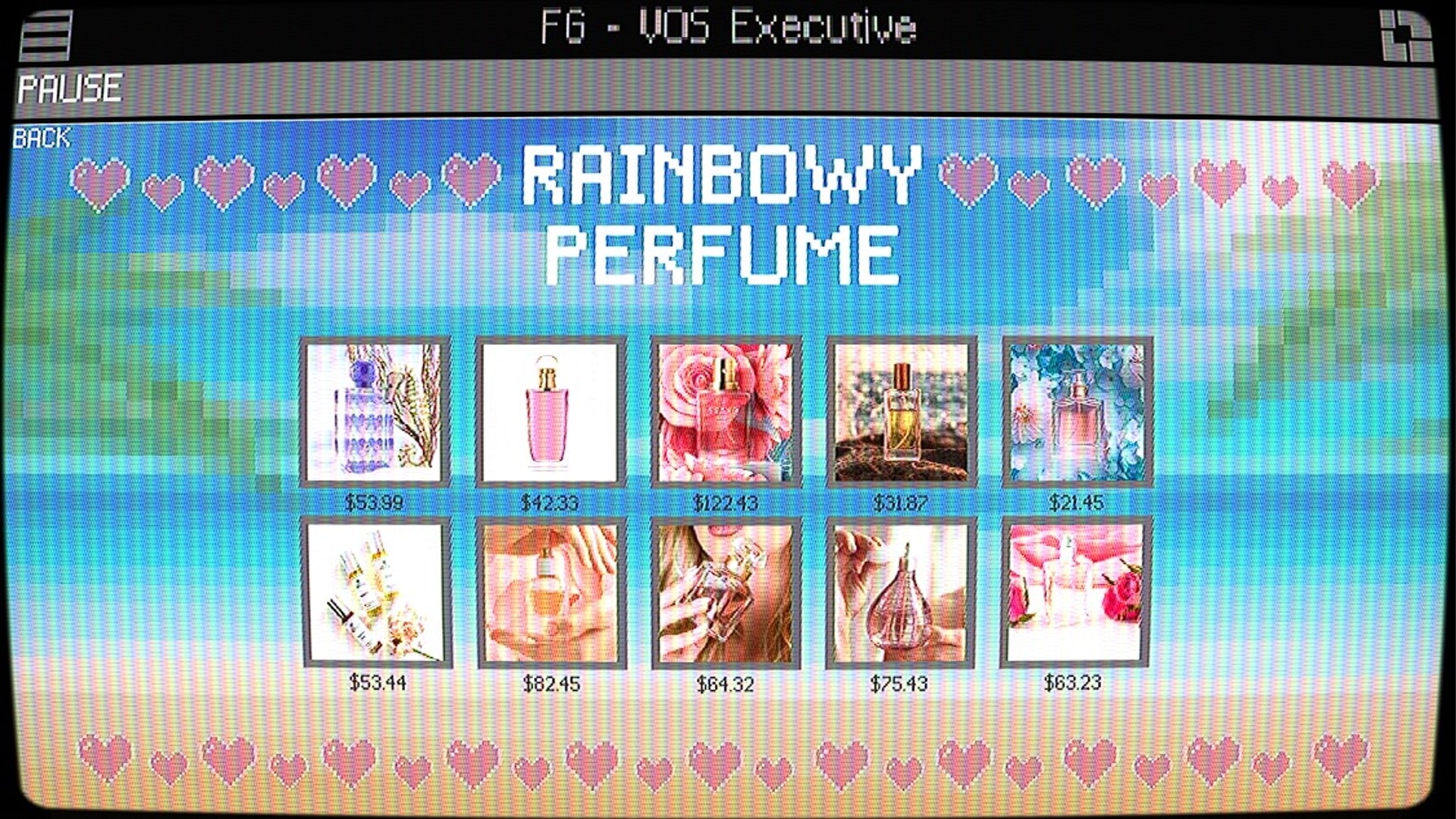
"There's a lot of different moving parts to my obsession with horror," she says. Her initial interest in the genre came from her older brother, whom she'd beg to play the original Resident Evil 4 so that she could watch. "All the cool things about me were stolen from him when we were growing up. I just thought he was the coolest and the best and everything he liked was smart, correct," she laughs. "I've definitely taken that and made it my own as an adult, of course. But I just have such fond, warm memories of playing absolutely terrifying games. I didn't like horror movies until I was more of an adult. I was terrified of them," she says, recalling getting stomach aches at the cinema in fear of a scary film preview before the main event.
"But as an adult, it helped me process some trauma. I guess it was down to dealing with the scary things that I was living with myself. I've always found that playing horror games, watching horror movies – especially now – gives me a sense of comfort and almost control, maybe, and understanding," Cadaver explains. "There's this unspoken connection when you enjoy something so deeply and you find meaning in it. [...] So to be able to add to that space has just been in any way has just been super special for me."
Looking to the future, Cara Cadaver certainly has ambitions for Final Girl Games. "I am releasing a Director's Cut of Vile on Steam, so I'm really excited about that. There was just so much more I wanted to do," she says of her ongoing plans for Vile and beyond. If there's one thing she hopes never to change, though, it's her unique voice. "People that know me have reached out and said, like, [Vile] is you. I can hear you speak through this game, and that's been really, really cool. So I want to make sure that I maintain that, definitely.
Vile: Director's Cut will be coming soon to Steam, and there's a host of other upcoming horror games lurking on the horizon to sink your teeth into this year and beyond.

Jasmine is a staff writer at GamesRadar+. Raised in Hong Kong and having graduated with an English Literature degree from Queen Mary, University of London in 2017, her passion for entertainment writing has taken her from reviewing underground concerts to blogging about the intersection between horror movies and browser games. Having made the career jump from TV broadcast operations to video games journalism during the pandemic, she cut her teeth as a freelance writer with TheGamer, Gamezo, and Tech Radar Gaming before accepting a full-time role here at GamesRadar. Whether Jasmine is researching the latest in gaming litigation for a news piece, writing how-to guides for The Sims 4, or extolling the necessity of a Resident Evil: CODE Veronica remake, you'll probably find her listening to metalcore at the same time.


